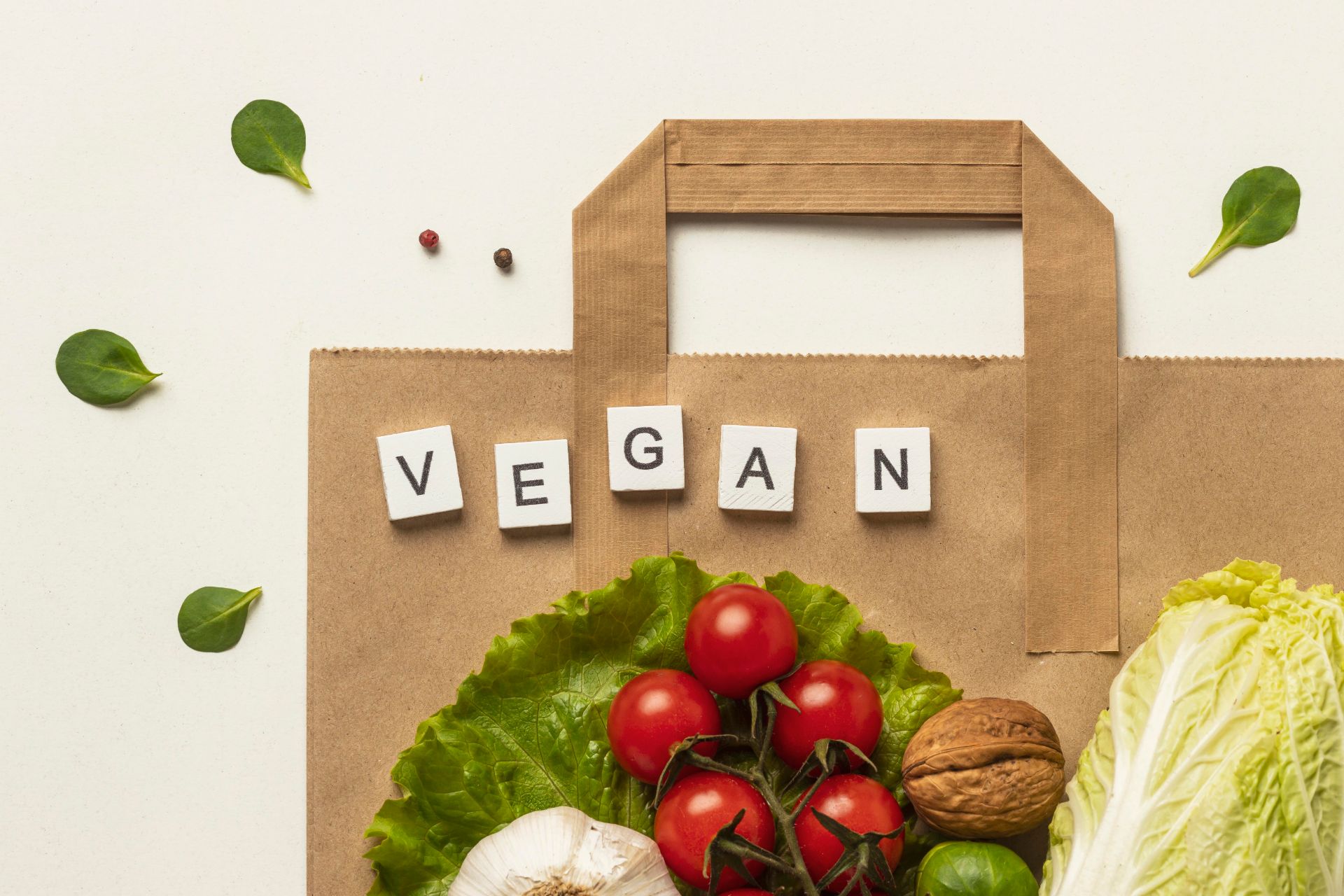Living Sustainably with a Vegan Lifestyle: Tips for Beginners

A vegan lifestyle not only promotes animal welfare but also contributes significantly to sustainability. By adopting a vegan lifestyle, you can reduce your carbon footprint, save water, and protect natural resources. If you’re new to veganism, here are some practical tips to help you live a more sustainable, eco-friendly life.
Why Choose a Sustainable Vegan Lifestyle?
Living sustainably with a vegan lifestyle goes beyond avoiding animal products. It’s about making mindful choices that support the environment, conserve resources, and reduce waste. Here’s why a vegan lifestyle is one of the most effective ways to live sustainably:
Benefits of a Sustainable Vegan Lifestyle:
- Reduced Carbon Emissions: Animal agriculture is one of the largest sources of greenhouse gases. Going vegan significantly reduces your carbon footprint.
- Water Conservation: Raising animals for food consumes enormous amounts of water. Plant-based diets, in contrast, require much less water.
- Biodiversity Protection: By choosing plant-based foods, you help reduce habitat destruction, which often happens to make space for livestock farming.
A sustainable vegan lifestyle aligns with both personal health and planetary health, creating a win-win approach to living.
Tips for Starting a Sustainable Vegan Lifestyle
Transitioning to a vegan lifestyle can feel overwhelming at first. These beginner-friendly tips will help you make sustainable and practical choices:
- Start with Plant-Based Basics
Begin by incorporating more whole foods like fruits, vegetables, legumes, and grains into your diet. Whole foods are nutrient-rich, less processed, and have a smaller environmental impact compared to packaged vegan alternatives. - Choose Seasonal and Local Produce
Eating seasonally and locally reduces the carbon footprint associated with food transportation. Shopping at local farmers’ markets or buying in-season produce supports local agriculture and provides fresher options. - Opt for Reusable and Eco-Friendly Products
Sustainable living isn’t only about food. Use reusable bags, containers, and water bottles to minimize single-use plastic. Opt for bamboo or metal straws, and choose biodegradable or refillable options for household items. - Reduce Food Waste
Plan your meals to avoid excess purchases, and store fruits and vegetables properly to extend their shelf life. Composting food scraps is another great way to reduce waste and enrich the soil. - Look for Cruelty-Free and Sustainable Products
Many household products, from cleaning agents to cosmetics, contain animal ingredients or are tested on animals. Look for cruelty-free certifications and choose brands committed to sustainable practices.
By incorporating these small changes, you can transition to a vegan lifestyle while supporting the planet.
Vegan Alternatives to Everyday Essentials
Sustainable living involves making mindful choices in every area of life. Here are some vegan-friendly alternatives to common items that align with a sustainable lifestyle:
- Leather and Wool: Choose alternatives made from materials like cork, recycled rubber, or plant-based leather.
- Milk and Dairy: Opt for almond, oat, or soy milk instead of cow’s milk. These alternatives require far less water and produce fewer greenhouse gases.
- Cleaning Products: Many vegan brands now offer eco-friendly cleaning supplies free of animal testing and harmful chemicals.
- Personal Care Items: Switch to vegan and cruelty-free personal care products like soaps, shampoos, and skincare items.
These choices support a vegan lifestyle that’s not only kind to animals but also kind to the Earth.
Eating Out as a Vegan: Sustainable Tips
Navigating restaurants can be challenging as a vegan, but with a few tips, you can make sustainable choices while dining out:
- Research in Advance: Check menus online before visiting a restaurant to see if they offer plant-based options.
- Request Modifications: Don’t hesitate to ask for ingredient swaps, like replacing dairy with plant-based milk or requesting vegetables instead of meat.
- Support Vegan-Friendly Restaurants: Many restaurants now cater to vegan diets, often with a focus on sustainable, locally-sourced ingredients. Choosing these places encourages other establishments to add more vegan options.
Eating out doesn’t have to compromise your sustainable vegan goals. With a little planning, you can enjoy dining out while sticking to your values.
FAQs: Sustainable Vegan Lifestyle
Is a vegan lifestyle truly sustainable?
Yes, a vegan lifestyle is among the most sustainable choices you can make. By eliminating animal products, you reduce your carbon footprint, conserve water, and help protect biodiversity.
How can I ensure I’m eating sustainably as a vegan?
Focus on whole foods, buy local and seasonal produce, and reduce food waste. These practices make veganism even more sustainable.
Are all vegan products eco-friendly?
Not necessarily. Some processed vegan products may still have high environmental costs. Choosing minimally processed foods and eco-friendly brands can help keep your vegan lifestyle sustainable.
Conclusion: A Greener Path with Veganism
Living sustainably through a vegan lifestyle is one of the most impactful choices you can make for the planet, animals, and your well-being. By making mindful choices in what you eat, use, and wear, you support a healthier ecosystem and encourage more sustainable practices.
Transitioning to a vegan lifestyle doesn’t have to happen all at once. Small changes, like choosing local produce, reducing plastic use, and supporting ethical brands, add up over time. Embrace these tips, and enjoy the journey toward a compassionate, eco-friendly lifestyle.
Together, let’s create a greener, kinder world through sustainable vegan choices.




